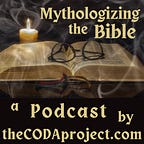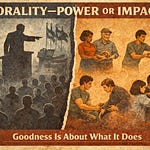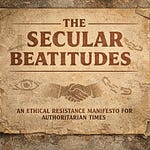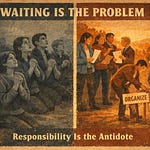Welcome to another Bonus Edition of the MTB podcast—a segment of the weekly episode that I call Afterthoughts! This is one of my favorite parts of these weekly presentations because it gives us a chance to dig a little deeper, connect the dots, and really challenge ourselves to think critically about what we’ve been discussing.
In this bonus episode, I’m going to explore the history behind how the Bible was written and compiled—it’s something that most Christians never even think about, even though they claim to believe that the Bible is the ultimate source of truth. As always, we’ll approach this with a secular, mythological perspective, while recognizing that these stories are sacred to many people. However, the historical importance of the Bible—for better and, often, for worse—doesn’t change the fact that it was clearly shaped by human hands, cultural contexts, and theological motives.
During the main episode for the 5th Sunday in Ordinary Time (Cycle C), we talked about leadership and credibility—how real authority isn’t just claimed, it’s earned. We discussed how leaders who rely on vague supernatural justification should raise red flags, and how people should demonstrate their worth through real-world proof, not divine declarations. But that leads to a much bigger question: What happens when we turn that same scrutiny toward the Bible itself?











